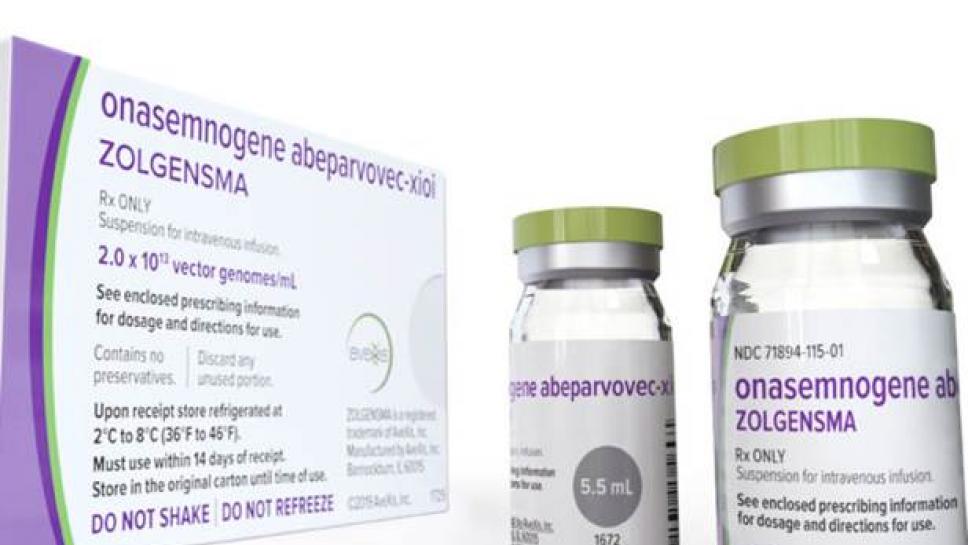
The treatment, which has been developed by AveXis, is recommended by the agency's Committee for Medicinal Products for Human Use (CHMP) for SMA Type 1.
What is Zolgensma?
Zolgensma is a promising new one-time gene therapy for some infants with SMA Type 1. It’s still early days, but clinical trials have shown it to be effective, with some babies living longer and some even learning to stand and walk.
If Zolgensma is approved in the UK, it will be the second treatment available in the NHS for SMA Type 1, as Spinraza was approved last year. For the first time, families would have a choice of treatments.
What happens next?
The European Commission (EC) will now review the CHMP recommendation. This usually takes about two months.
Its decision will be applicable to all 27 European Union member states, as well as Iceland, Norway, Liechtenstein and the United Kingdom.
If the European Commission reaches a positive decision, the treatment will be assessed for use in the NHS in England by NICE, and for use in Scotland by the Scottish Medicines Consortium. Wales and Northern Ireland typically follow NICE's guidance.
What do we think?
This is an important first step in Zolgensma being made available in the UK, and we are pleased things are moving forward.
In the meantime, we will work with AveXis, clinicians and other SMA charities to ensure we are providing all the information and support the SMA community needs.
What do others say?
Dave Lennon, president of AveXis, called it "a critical step closer to European Commission approval".
And Professor Francesco Muntoni, Paediatric Neurologist at Great Ormond Street Hospital, says:
The results we have seen for Zolgensma to date from the STR1VE clinical trial show an impressive survival rate at the conclusion of the study, with the majority of patients being able to sit without support.
And through follow-up on the START trial, an average of 4.5 years later, we can see the long-term potential this significant gene therapy may have for children with this rare disease.
